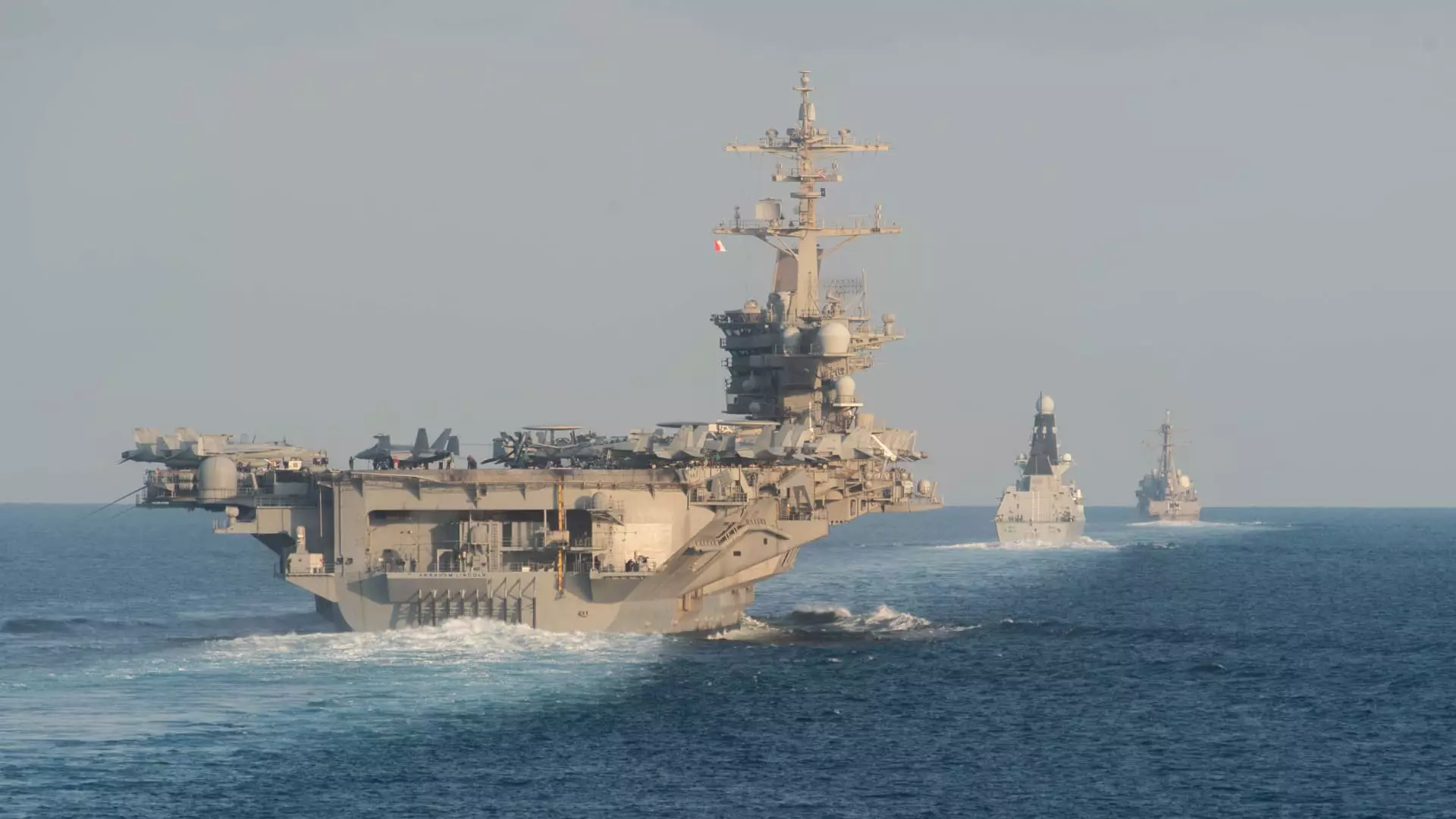Amidst escalating tensions in the Middle East, the United States has decided to send additional troops and military hardware to the region. This move comes as part of the U.S.’s commitment to defend Israel, according to a statement released by the Pentagon. U.S. Defense Secretary Lloyd Austin has emphasized the importance of taking every possible step to ensure the security of Israel. This includes strengthening the U.S. military force posture and capabilities throughout the Middle East.
The decision to send more troops and military equipment to the Middle East follows a call between Secretary Austin and Israel’s defense minister, Yoav Gallant. The backdrop of this move is the recent assassination of Hamas’ former political chief Ismail Haniyeh in Tehran on July 31. Iran, a supporter of Hamas, has vowed retaliation against Israel, accusing them of carrying out the assassination. The region is currently on edge awaiting Iran’s response to the act.
While the U.S. continues to show support for Israel, the Biden administration has faced criticism for its stance on the Israeli-Palestinian conflict. Critics argue that the U.S. should be using its influence to enforce a cease-fire and halt the supply of arms to Israel. President Biden himself has expressed concern over the high civilian casualties in the conflict, calling the Israeli offensive “over the top.” This has become a significant issue for Democratic voters, as highlighted by the “uncommitted” ballots cast in the Michigan Democratic primary.
The ongoing tensions between Israel and Iran, along with Iran’s proxies such as Hezbollah, have raised concerns about the possibility of all-out war in the region. Both countries face pressure to respond militarily, with past exchanges of missile strikes being measured to avoid significant damage. However, analysts warn that a more severe retaliation may be imminent, given the current situation.
The situation in the region has already had devastating humanitarian consequences, with thousands of lives lost and significant destruction in the Gaza Strip. The death of Ismail Haniyeh has further complicated the prospects for a diplomatic solution to the conflict. His successor, Yahya Sinwar, is viewed as more extreme and less inclined to compromise on a cease-fire agreement. This raises concerns about the future of peace negotiations between Hamas and Israel.
The escalating tensions in the Middle East and the U.S.’s response to defend Israel paint a complex picture of geopolitical relationships in the region. As the situation continues to unfold, it is crucial for all parties involved to seek peaceful solutions to avoid further escalation and loss of life.



Leave a Reply